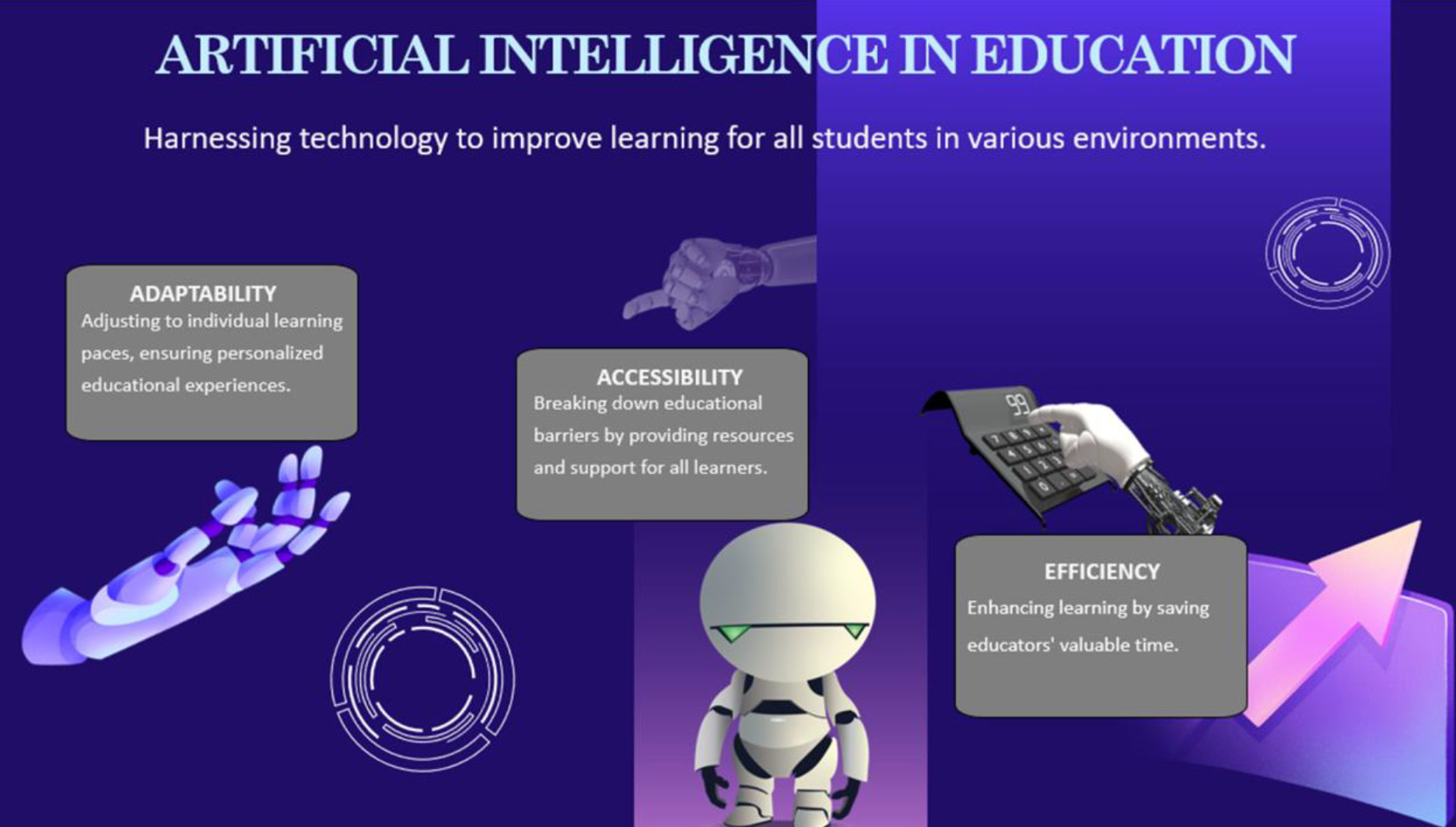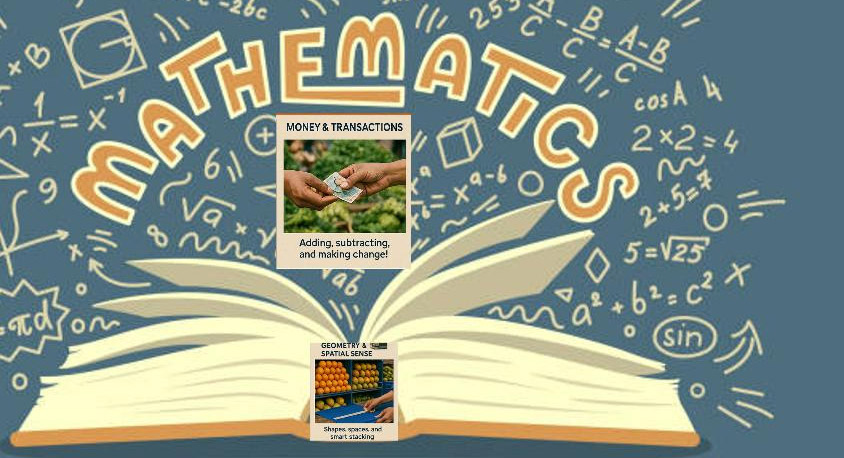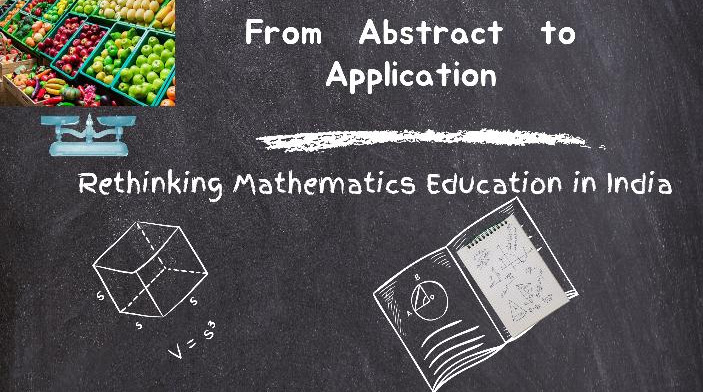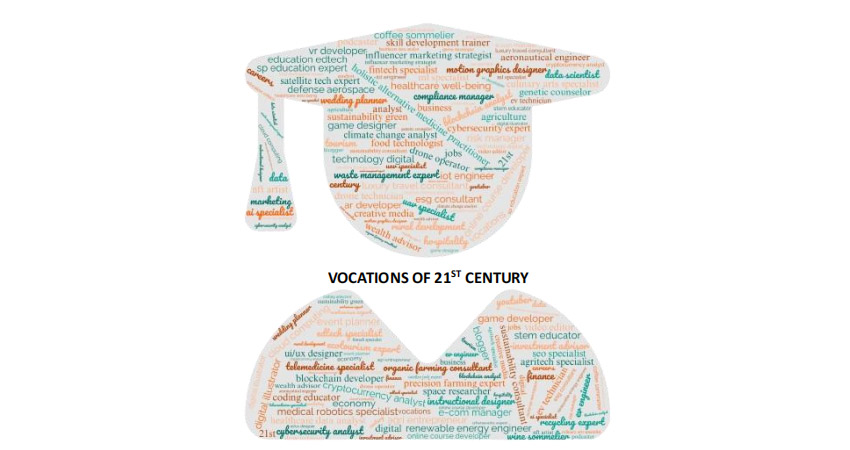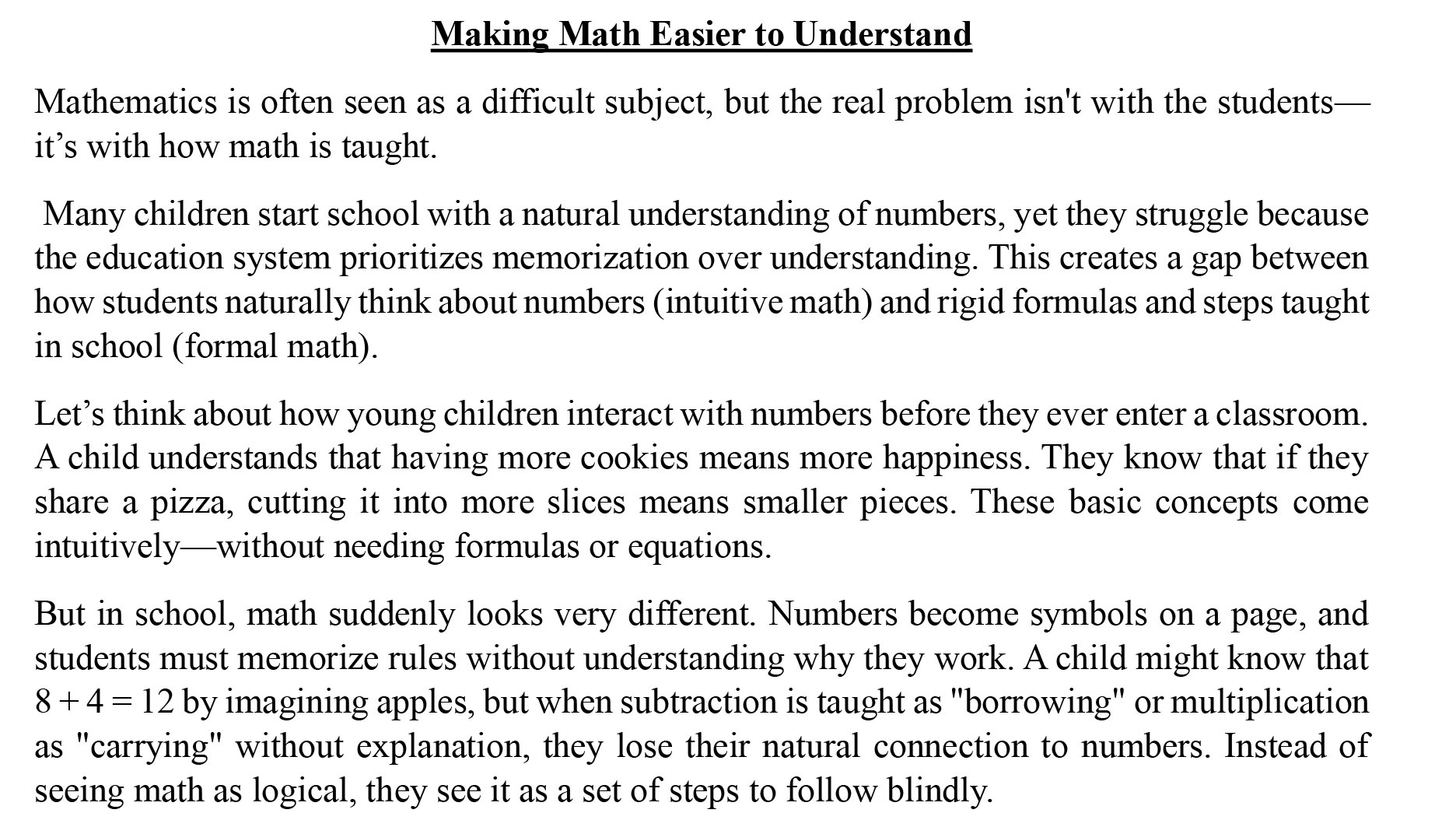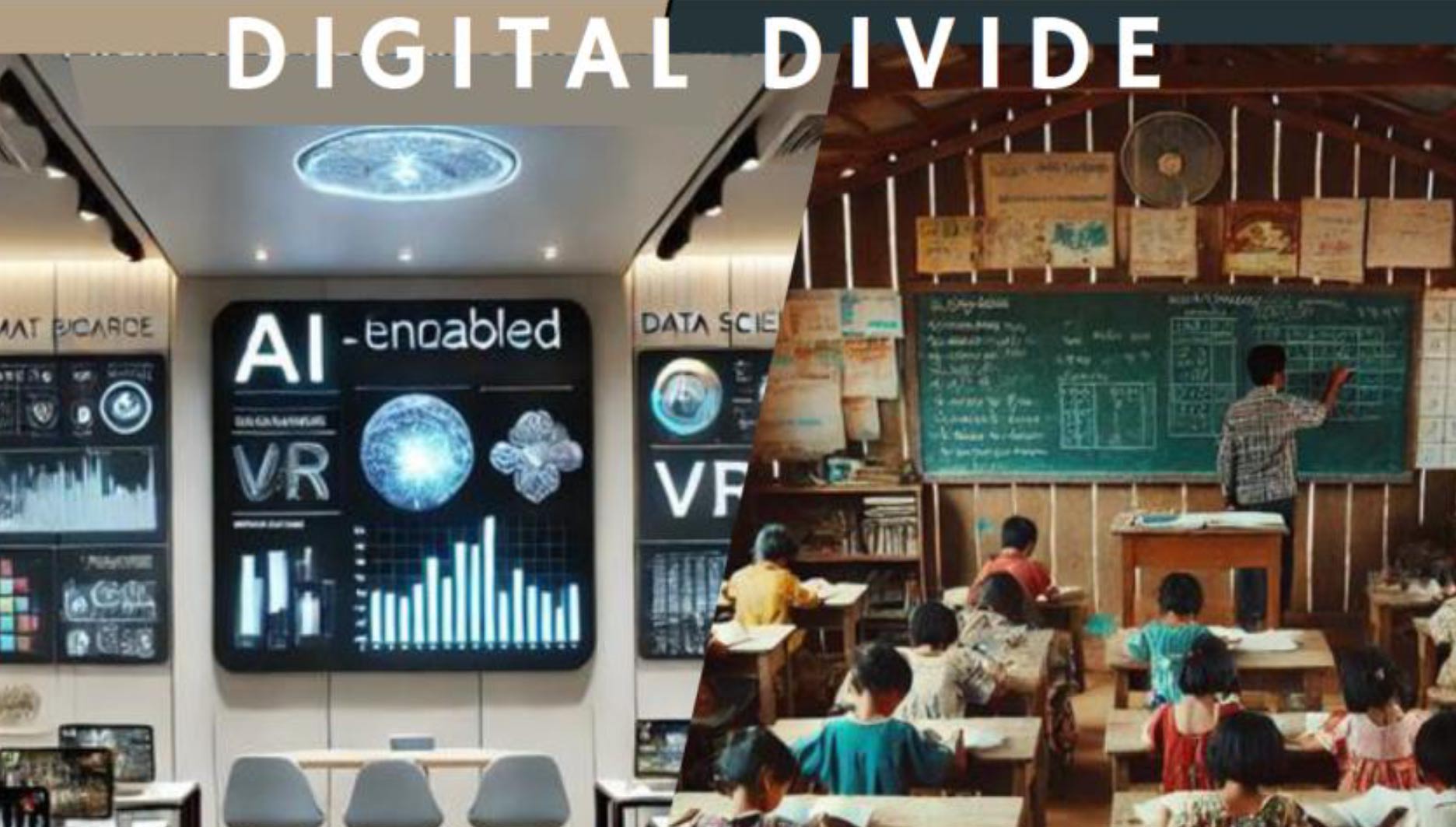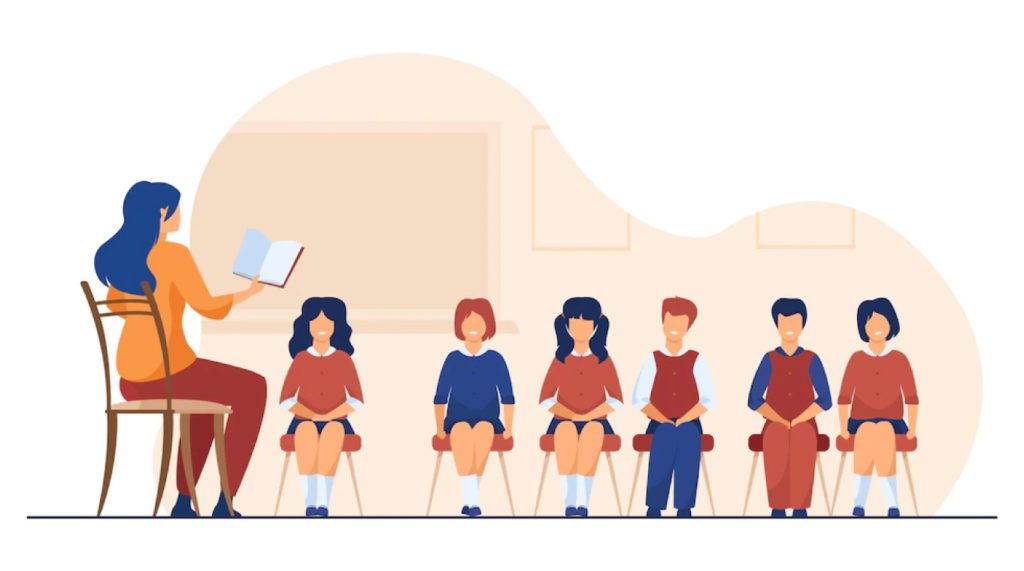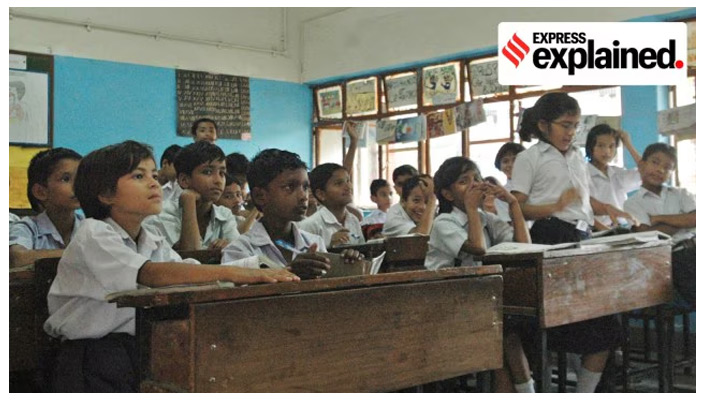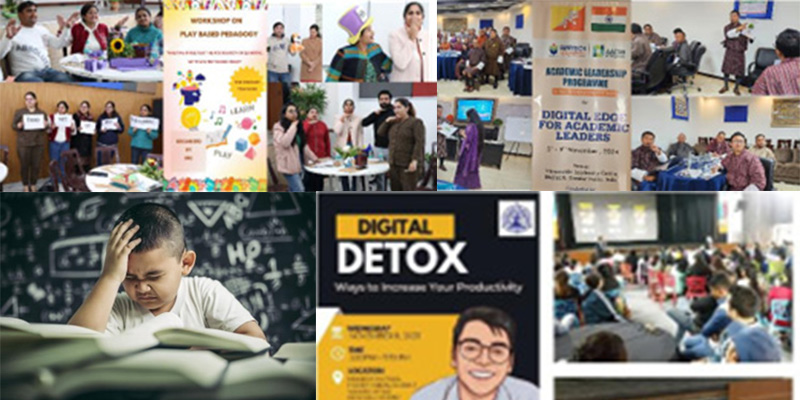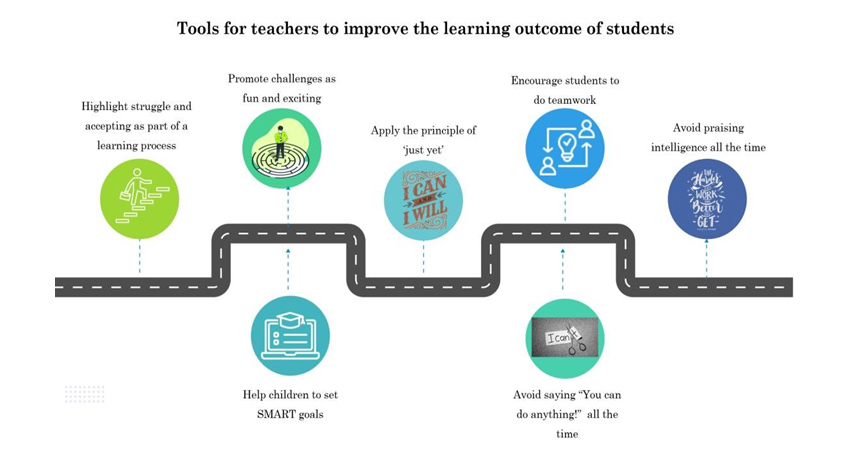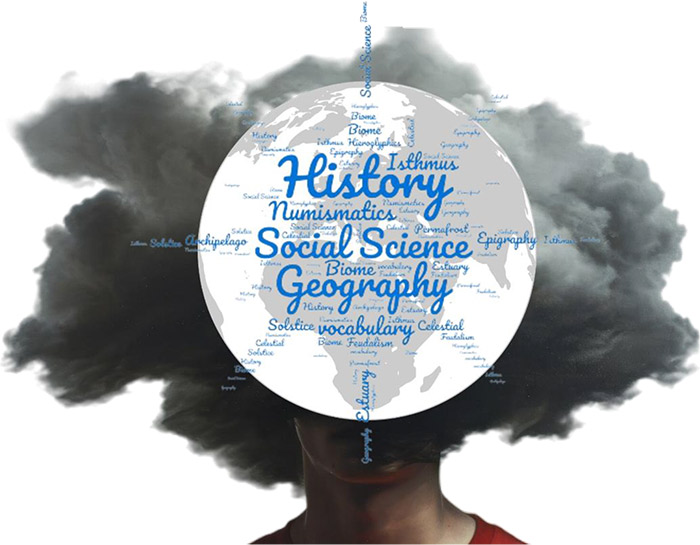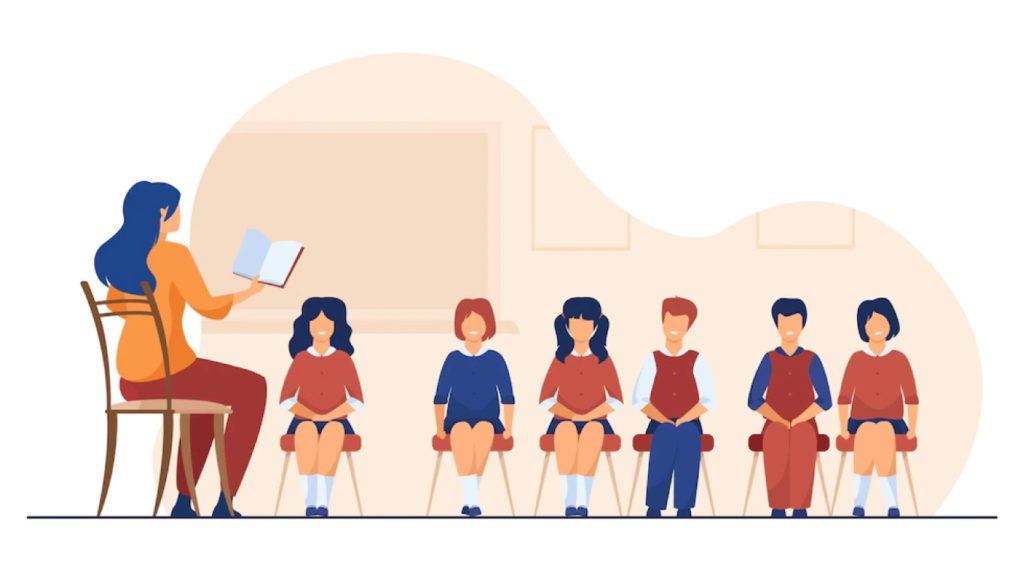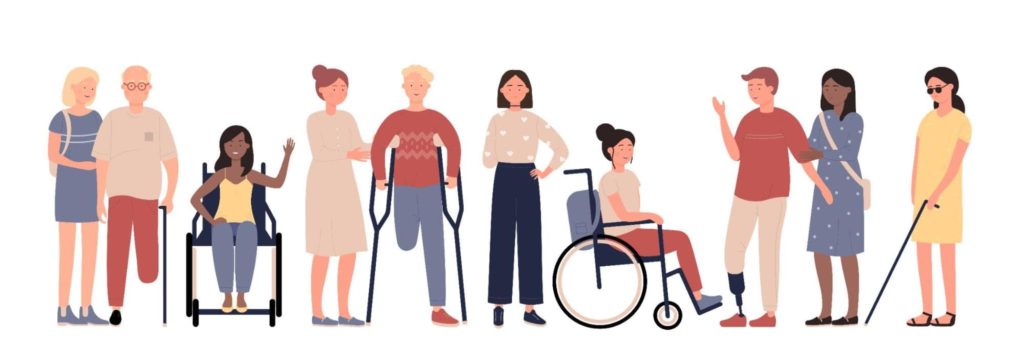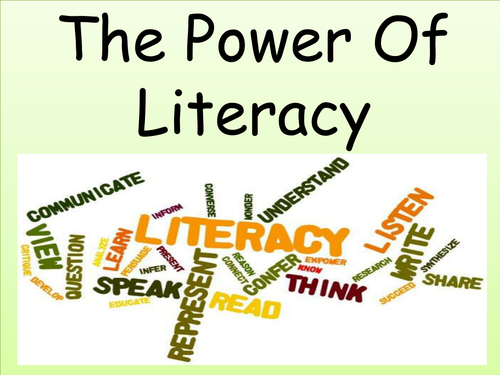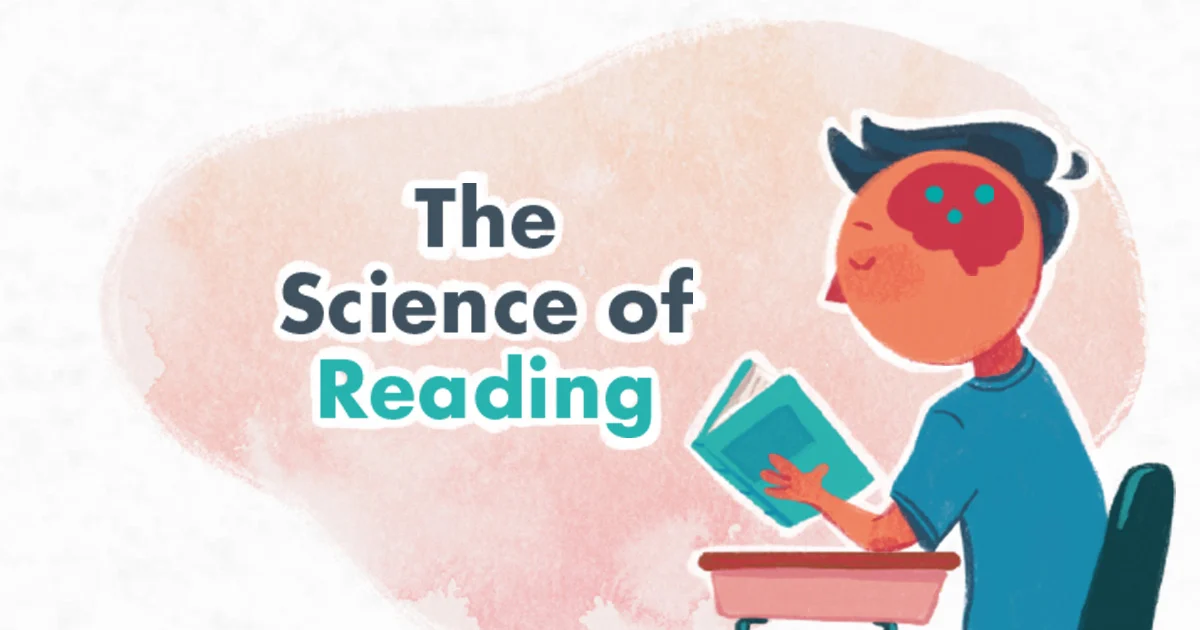Curriculum Reform in the Age of AI: Preparing Students for the Future
In today's digital age, mobile applications have revolutionized how students access and consume information. Mobile applications, along with artificial intelligence (AI), have created an aura of reliability and quick access to information. In earlier times, acquiring knowledge required significant effort—first to learn things or consult experts, then to search or visit various libraries or archives to gather reliable resources. However, with the advent of applications and AI, information is now available within seconds on your smart devices, effortlessly and in your own local language.
Applications provide information across various sectors, from food and tourism to education. Since the focus of this blog is on education, further discussion will concentrate on the education sector. With the advancement of AI, students now have unlimited access to information.
Application-based learning received a major boost during the COVID-19 pandemic. When everything came to a halt due to lockdowns and the fear of spreading the virus, people made efforts to connect students and teachers through technology. This accelerated the use of modern technologies in the education sector. Initially, the focus of EdTech technologies was to connect students and teachers. Now, they are working more to fill learning gaps. The limited use of technology in the education sector— from pictures and animations to explaining chapters—has dramatically evolved into providing information, and reading and writing on given prompts on any topic.
Need of curriculum reform
The increase in the advancement of Artificial Intelligence (AI) is not only putting emphasis on restructuring industries but it is also altering the require skills for job market worldwide.
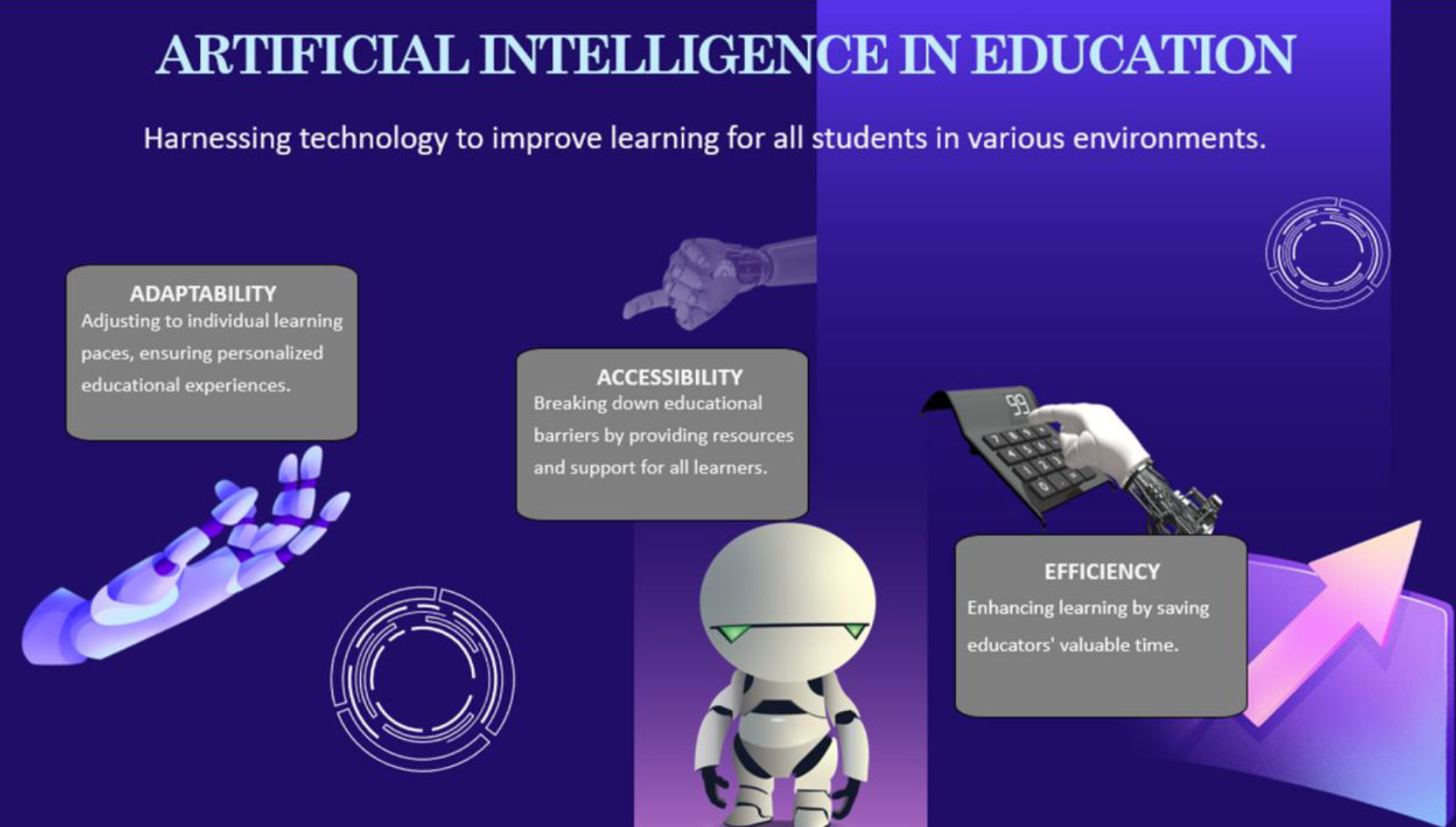
In this changing and evolving landscape, it has become important to focus on children and the set of skills they should receive to prepare themselves for job market. The curriculum reform is one of the instruments that may help the children with critical thinking and problem solving.
It may also prepare them with ethical decision-making skills. As the advancement of AI is reshaping every sector, it is also plying vital role in education system. Importantly, the Indian education system may also integrate AI literacy, programming and data science into its curriculum from primary level.
India's Efforts Towards AI Integration in Education
It appears that like other countries of the world, India is also putting every effort to be the part of changing world. To introduce AI in education system, India has taken several steps. Like, the National Education Policy (NEP) 2020, has put emphasize on AI and technology integration. The Central Board of Secondary Education (CBSE) in collaboration with Intel, has developed an AI facilitator handbook which provides educators with comprehensive training material and real-life examples. The CBSE has also introduced AI as a subject for students in classes IX to XII and collaborated with IBM to launch the Skills Build Program, which includes orientation sessions on generative AI. Previously, to enhance students' technological skills, CBSE had offered AI as an elective subject for the students in classes 8, 9 and 10. In 2023, the CBSE had notified to introduce coding and AI from class 6 to 8 as part of new education policy. Additionally, the NITI Aayog’s "AI for All" initiative aims to make AI education accessible to students and teachers through online courses.
Additionally, AI is an elective subject in CBSE schools and higher institutes like IITs. The government has allocated a Rs 1 trillion financing corpus to support work in emerging technologies. This corpus is initiated to aid the private sector in the development and research of these technologies. These initiatives align with India’s vision for Vishisht Bharat 2047, which envisions a high-quality education system focused on skill development and life abilities. To give a major boost to AI development, the Government of India has proposed an investment of Rs 500 crores in the Union Budget to create an AI Excellence Centre.
Global Scenario
The United States, China, the United Kingdom, and Singapore are some of the few countries that place major emphasis on the development and enhancement of AI technologies in their education systems. Many of these countries have implemented comprehensive national AI strategies. These nations not only fund the development of AI technologies but also work on teacher training programs to equip their educators with the skills to use modern technologies effectively.
Challenges and Limitations in AI Integration for India
Despite India working towards the development of AI technology and its incorporation into the education sector, challenges remain in implementing AI-driven education across the country. In the financial year 2022, India had approximately 1.5 million schools and 267 million enrolled students. However, less than half of these schools had computers, and only about a third had internet access. Although the government is emphasizing the provision of broadband connectivity to all government secondary schools and primary health centers in rural areas under the BharatNet project, many urban and semi-urban centers still lack computer and internet connections. Bridging this digital divide is crucial for equitable access to AI education.
The Path Forward
To ensure the successful integration of AI into education, India must prioritize:
- Expanding digital infrastructure in schools.
- Providing extensive teacher training programs for AI-based teaching methodologies.
- Strengthening industry-academia partnerships to create job-ready graduates.
- Increasing funding and research in AI-driven educational tools.
As it appears that AI may continue to shape the education sector, a well-structured curriculum reform will be the key for Indian student to get upskill with the changing technologies.
By Dr. Feroz Khan
Mrs. Abha Sadana




